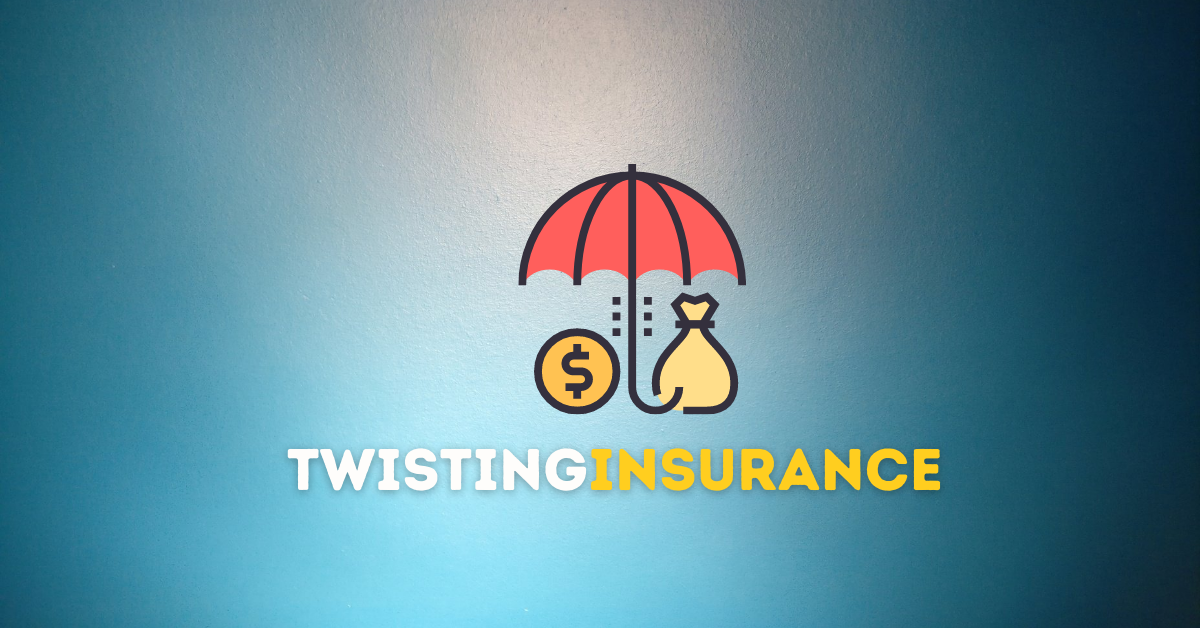It is important to define Twisting Insurance. Depending on the state, it can be a criminal offense. In most states, it is illegal to persuade someone to change their insurance policy or coverage. In some cases, an agent may manipulate the truth to make a sale. This tactic is unethical and illegal. The insurance industry is aware of this problem and is working to improve the process. This article discusses how to define Twisting Insurance.
The goal of insurance twisting is to induce someone to take out a life insurance policy. Twisting a policy means a policyholder drops an existing one and takes out another one similar to it. In most cases, insurance agents are required to provide a disclosure statement to potential policyholders. This is a good way for them to get full disclosure. It is a common practice, but it puts the customer in a worse position.
While twisting is a common practice in the insurance industry, it can also be a legal problem. Some state laws allow agents to change policies without the policyholder's knowledge. This is an illegal practice. Many people are forced to make unfavorable changes to their policies in order to get better rates. This is known as insurance twisting. Those who are affected by this practice may face fines and even lose their license.
The national association of insurance commissioners (NAIC) has created a model law to prevent such practices. This act prohibits insurance agents from misrepresenting the benefits of an insurance policy. Most states have approved the Unfair Trade Practices Act and have anti-twisting laws to combat the practice. However, some states do not have such a law and still have general fraud statutes that can prosecute those who engage in this practice.
When an agent twists an insurance policy, he or she might change the coverage of the former. In such a case, the agent will be able to get a new commission from the second policy. In other cases, an agent will try to get the same customer to change the policy. This tactic can be harmful to the customer, and it can also be illegal. In any case, it is crucial to understand that twisting occurs in all areas of life, including health and auto insurance.
When an insurance agent twists, he or she may make false promises about the coverage and the premiums. It is against the law to lie to your client and make them change their mind. If you think the agent is trying to make money from you, he or she isn't acting in your best interests. Instead, they are simply making money from you. Ultimately, twisting is illegal and will ruin your finances.
In addition to being illegal, twisting is also a fraud. An insurance agent twists a policy in order to replace it with another one with a better one. While this hurts the client, it is a sweet deal for the insurance agent. This type of fraud is common in health and life insurance. It is also unethical to switch your insurance policy to another insurer. As long as the new policy is not worth the price, it is an illegal practice.
Twisting is a fraudulent practice in which an insurance agent changes the coverage of a policy to benefit from it. In some cases, this tactic is not intentional, but the agent is simply being dishonest. Moreover, twisting is a form of fraud that affects all kinds of insurance products. As a result, it's often necessary to read the fine print carefully to avoid being ripped off by an insurance company.
It is illegal for an insurance agent to manipulate a client's policy. They can use the power of their position to convince you to change your plan. Typically, twisting happens when a person is forced to change their insurance plan to fit a new set of requirements. For example, if an agent wants to increase the commission for a new policy, he or she will make the difference. It's not legal to force your agent to do it, but it's illegal to force them to.





0 Comments